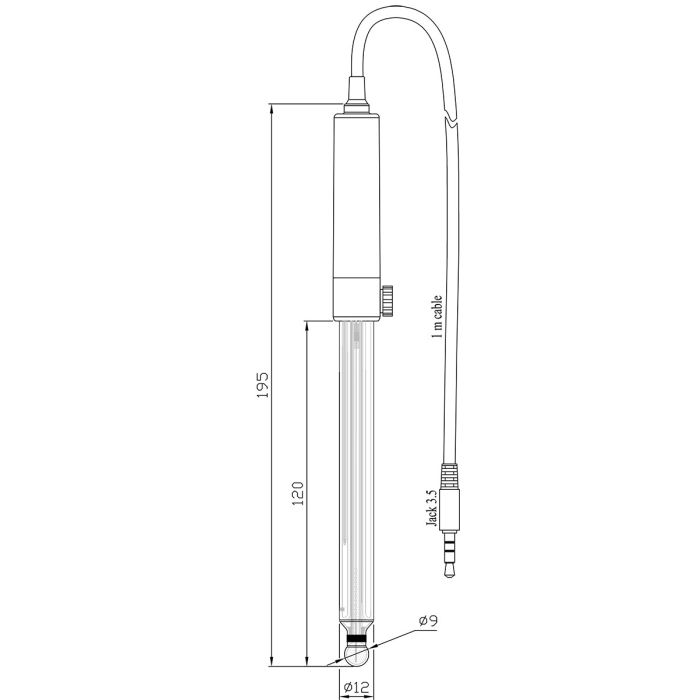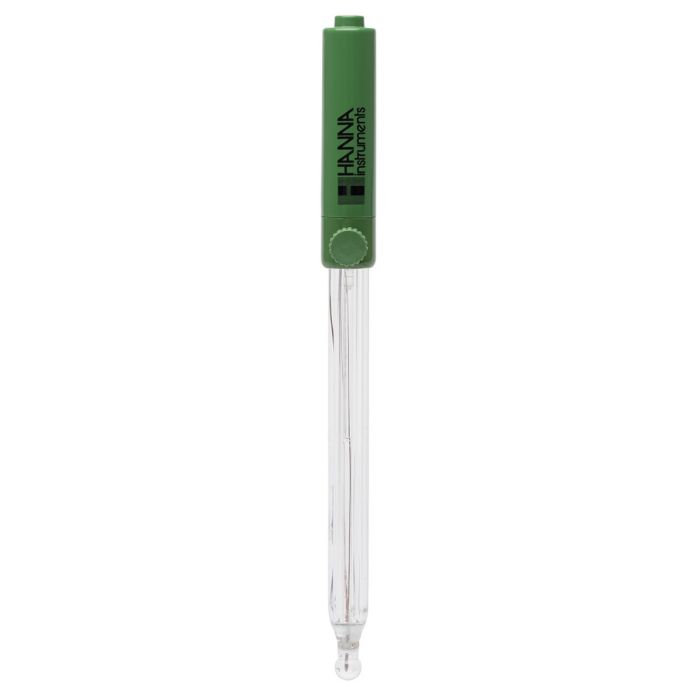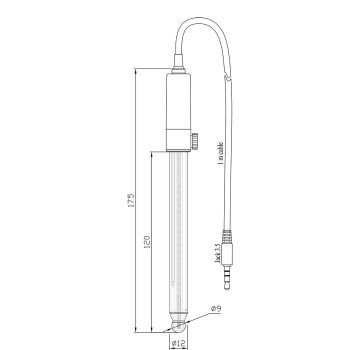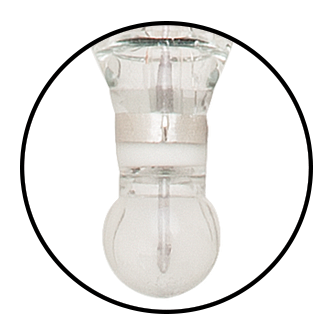
Matching Pin
The HI11311 integrates a matching pin into the electrode and is part of the Hanna Instruments Sensor Check™ feature. The matching pin checks the impedance across the indicating and reference electrodes. This allows the edge meter to alert the user in the event that the glass of the indicating pH electrode is cracked and the condition of the reference junction.
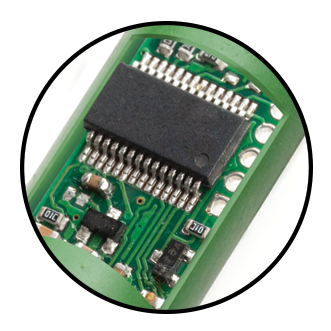
Built-In Microchip
The built-in microchip stores sensor type, serial number and calibration information including date, time, offset, slope, probe condition and buffers used. This information is automatically retrieved by edge® once the electrode is plugged in. The ability to transfer information allows for hot swapping of probes without having to recalibrate. All pH measurements are performed within the electrode and transferred digitally to the meter. This overcomes any noise issues associated with the traditional high impedance analog measuring system. Electrical noise can be generated from a built in temperature sensor and while working in a humid environment.
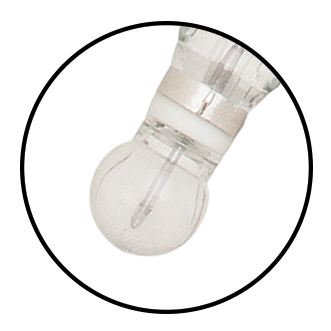
Spherical Glass Tip
The spherical shaped tip design allows for a wide area of contact with the sample. This permits a faster electrode response with a higher degree of stability. The HI11311 utilizes a high temperature (HT) glass formulation. A pH electrode with general purpose (GP) glass will have a resistance of 100 megaohms at 25℃ while the resistance of HT glass is around 400 megaohms at 25℃. As the HI11311 is used at elevated temperatures the resistance decreases to approach the that of GP glass. The HI11311 is suitable to use with samples that measure from -5 to 100℃.
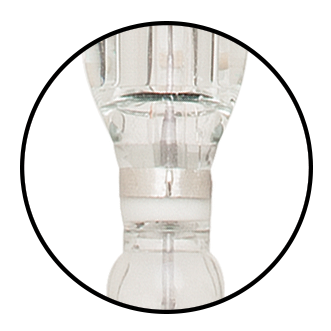
Double Junction Reference
A double junction electrode has an internal compartment surrounding the reference wire. Silver ions are present in the electrolyte of the internal compartment, which houses the Ag/AgCl reference wire; the electrolyte outside this compartment is silver free. The double junction design means that virtually no silver from the electrode enters the sample. This design allows measurement in applications where silver ions in the sample are undesirable or silver precipitates on the junction are likely to form.
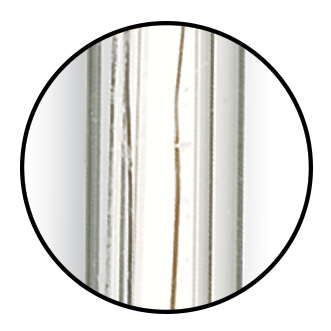
Glass Electrode Body
The glass electrode body is suitable for a wide range of applications due to its chemical resistance. The glass electrode is compatible with many non-aqueous solvents and other aggressive chemicals. Glass is also resistant to many forms of radiation, such as ultraviolet radiation.

Built-In Temperature Sensor
HI11311 features a built-in thermistor temperature sensor that is in the tip of the indicating pH electrode. A thermistor temperature sensor provides for a high accuracy temperature reading and should be as close as possible to the indicating pH electrode in order to compensate for the effect that temperature has on the membrane potential. By having an accurate reading it is possible to provide an accurate temperature compensated reading.

